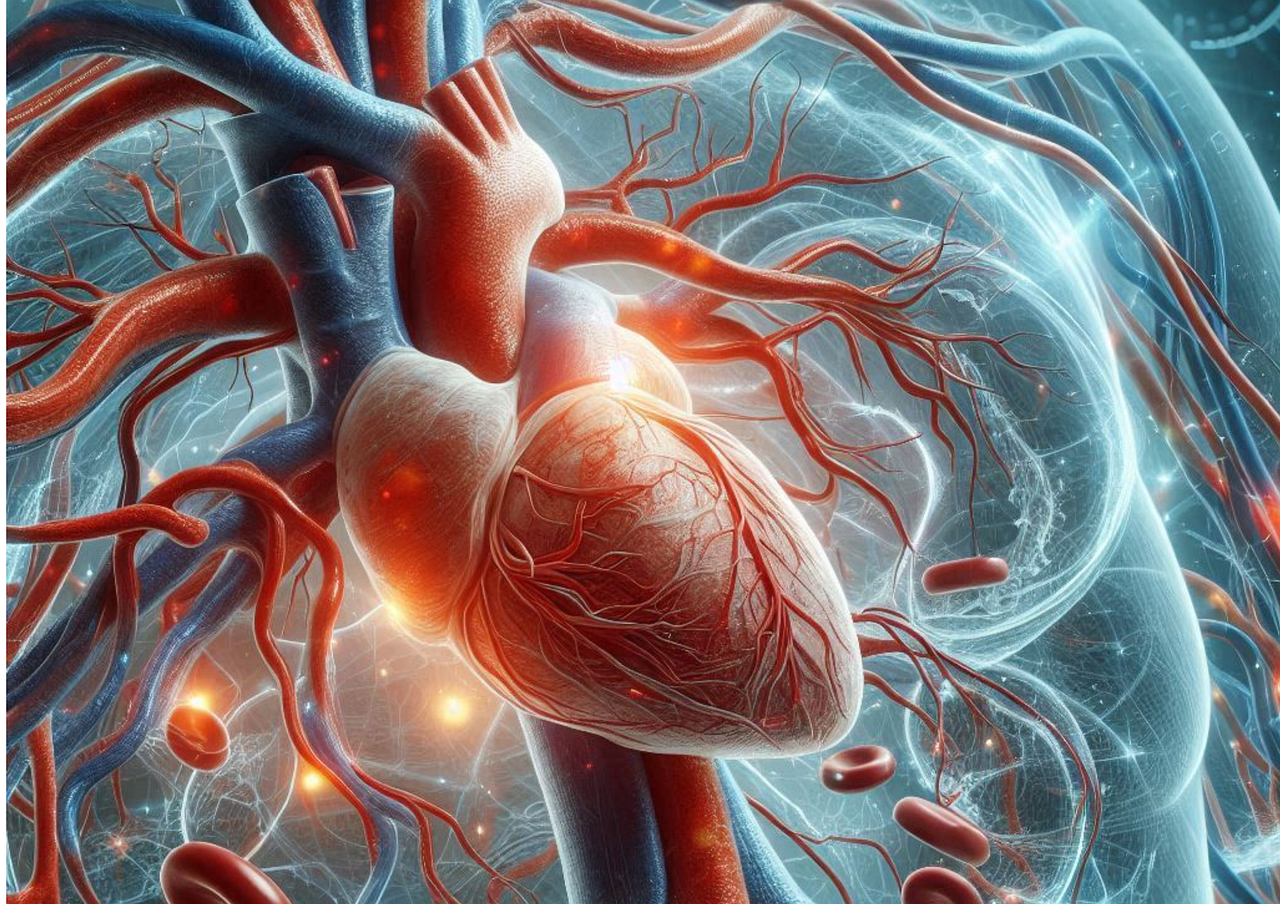
Reduces Cholesterol : Cyanopower & Cyanoamrut
Spirulina is one of the most effective natural agents for lipid modulation, demonstrating significant hypocholesterolemic activity across multiple studies. It contains bioactive compounds such as phycocyanin, γ-linolenic acid (GLA), niacin, and polysaccharides, which synergistically improve lipid metabolism by inhibiting intestinal cholesterol absorption, enhancing bile acid excretion, and modulating hepatic lipid synthesis (Khan et al., 2005; Iwata et al., 1990). Clinical and preclinical trials consistently report a reduction in total cholesterol (TC), low-density lipoprotein cholesterol (LDL-C), and triglycerides (TG), along with a concomitant increase in high-density lipoprotein cholesterol (HDL-C) following Spirulina supplementation (Parikh et al., 2001; Torres-Duran et al., 2007). The antioxidant activity of phycocyanin and β-carotene also plays a role in preventing LDL oxidation, a key step in atherogenesis (Riss et al., 2007). Furthermore, Spirulina's anti-inflammatory and endothelial-protective effects contribute to reduced cardiovascular risk, making it an ideal natural supplement for managing dyslipidemia in both healthy individuals and those with metabolic syndrome. With proven efficacy, bioavailability, and safety, Spirulina is a top-tier functional food for cholesterol management.
Selected References:

Blood Pressure : Cyanopower & Cyanoamrut
Spirulina is a leading natural supplement in the management of hypertension, offering multi-mechanistic vascular benefits supported by both clinical and preclinical evidence. Its bioactive constituents — including phycocyanin, potassium, γ-linolenic acid (GLA), and peptides with angiotensin-converting enzyme (ACE) inhibitory activity — act synergistically to reduce blood pressure through vasodilation, antioxidant action, and modulation of the renin–angiotensin system (Torres-Duran et al., 2007; Hernández-Lepe et al., 2018). Phycocyanin, in particular, has been shown to induce endothelium-dependent relaxation by stimulating nitric oxide (NO) production, thus improving vascular tone and reducing systemic vascular resistance (Romay et al., 2003). Additionally, the anti-inflammatory and antioxidative effects of Spirulina mitigate oxidative stress-induced endothelial dysfunction, a key driver of hypertension (Riss et al., 2007). Human trials have demonstrated significant reductions in systolic and diastolic blood pressure with daily Spirulina intake, even in subjects with borderline or untreated hypertension (Torres-Duran et al., 2007). Given its natural origin, minimal side effects, and broad cardiovascular benefits, Spirulina is a best-in-class, evidence-backed nutraceutical for non-pharmacological blood pressure regulation.
Selected References:

Diabetes : Cyanopower & Cyanoamrut
Spirulina is a top-tier nutraceutical for diabetes management, demonstrating consistent antihyperglycemic effects via multiple biochemical pathways. Its rich profile of phycocyanin, polysaccharides, γ-linolenic acid (GLA), chromium, and antioxidant enzymes contributes to improved insulin sensitivity, enhanced glucose uptake, and protection against pancreatic β-cell damage (Parikh et al., 2001; Khan et al., 2005). Spirulina downregulates pro-inflammatory cytokines (TNF-α, IL-6) and oxidative stress markers, which are implicated in the pathogenesis of insulin resistance (Riss et al., 2007). Clinical trials have shown that daily Spirulina supplementation leads to significant reductions in fasting blood glucose (FBG), HbA1c, and postprandial glucose levels in patients with type 2 diabetes (Mazokopakis et al., 2014). Additionally, Spirulina modulates lipid metabolism by lowering triglycerides and LDL-cholesterol, further reducing cardiometabolic risk (Torres-Duran et al., 2007). Its naturally occurring bioactive peptides may also mimic insulin action by activating GLUT-4 receptors in muscle and adipose tissue. With its superior nutritional content and scientifically validated mechanisms, Spirulina is a best-in-class functional food for glycemic control and metabolic balance.
Selected References:
← Back to Benefits